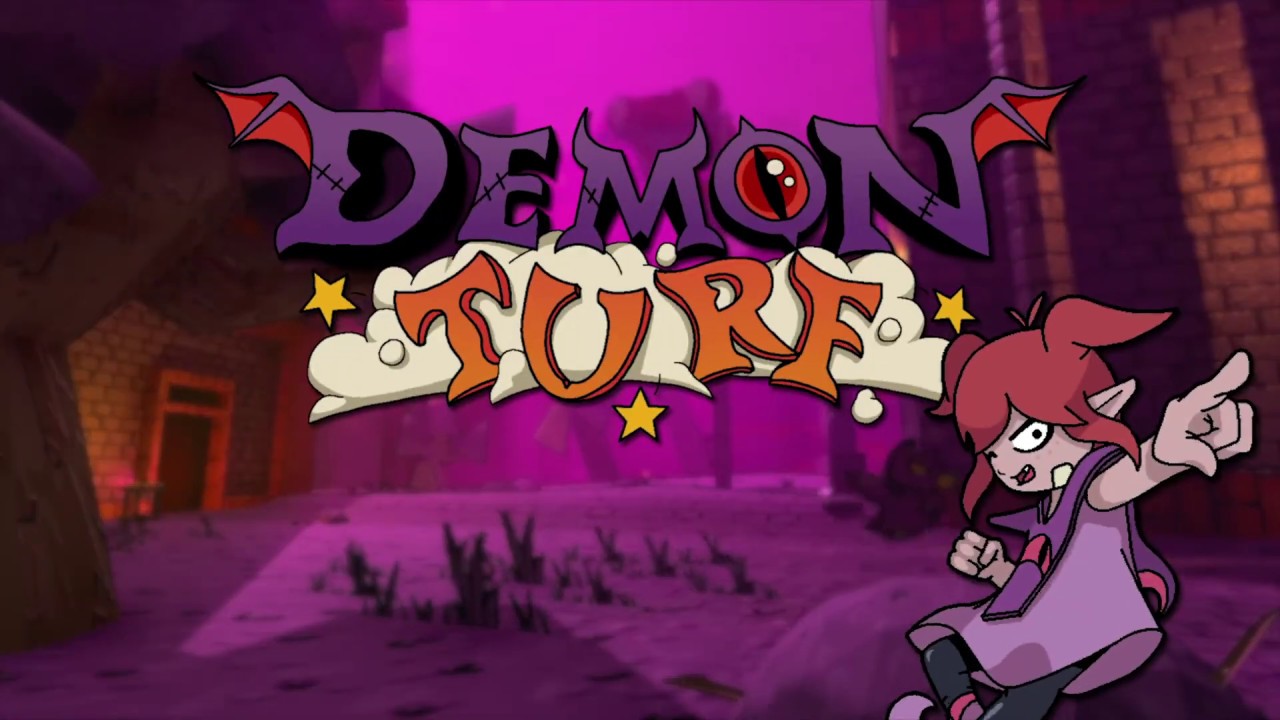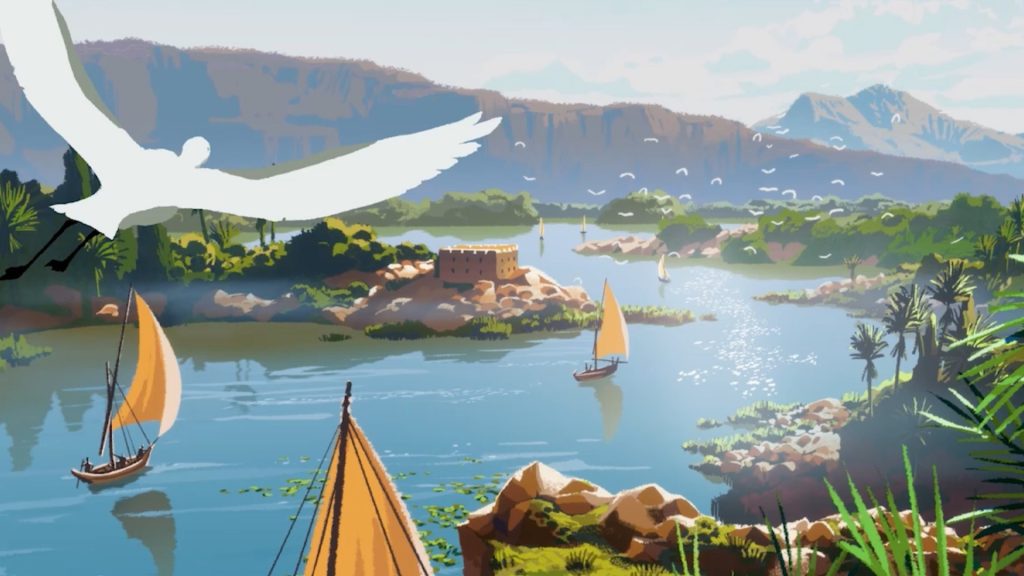Share
No game franchises have been borrowed from and compared to quite like The Legend of Zelda and Dark Souls. Yet as tiresome as it may be to point out how games resemble the two beloved series, there’s really no better way to describe the fundamental design of Blue Fire. It takes from Zelda a tunic-wearing hero on a vague quest who breaks pots for currency, slashes up enemies with sharp weapons (dual blades here), upgrades heart containers, and treks through dungeons finding keys, chests, and new usable items. Meanwhile, its Dark Souls influences are clear due to currency that must be reclaimed upon death, a cryptic narrative and ambiguous NPCs, and bonfire-esque save points that refill a stock of limited health items.
If that information dump intrigues you, you’d better hope you’re also a platforming fan, as it’s the manner in which Blue Fire drastically diverges from its obvious influences that make it a uniquely interesting experience. This is very much a game wherein the majority of the difficulty comes not from fighting or puzzle-solving but from overcoming intense, palm-sweating tests of reflexes and muscle memory. That’s not to say it’s an unfairly tough game, but the gist of the 12 or so hours of adventuring requires the mastery of a variety of moves, such as a wall-running, dashing, and consecutive jumps to navigate its frequently vertical levels.
Sharp leaps, Dull blades
It’s good, then, that Blue Fire‘s strongest element is its controls. Making use of the abilities acquired throughout the game feels consistently wonderful, and the movement as a whole is tight and responsive. Because of this attention to near-perfect controls and the game’s well-designed, parkour-ready level structure, I only rarely encountered scenarios wherein a platforming death felt cheap, and I typically found that I grew significantly as a player each time I was forced to retry a failed segment. Even more, by the end of the game, I had obtained so many extra jumps and dashes that not touching the ground during combat sections became a fun self-imposed challenge, turning some otherwise mundane encounters into flashy and frenetic air dances.

Blue Fire‘s impressive platforming is best realized in the array of challenge rooms that task you with maneuvering across a series of multi-tiered platforms to reach the end and permanently gain a new heart. It’s here that your skill level will be tested the most, as dying anywhere along the way will reset you to the beginning, granting you all the incentive you need to plan and execute each move with pinpoint precision. That’s made easier due to Blue Fire‘s exceptional level of control over things like air dashing, which you are given freedom to extend or shorten at will, but you can still expect to fail some later rooms dozens of times before perfecting them. Fortunately, much like finally felling an overwhelming Dark Souls boss, the sense of personal accomplishment for overcoming such tense trials is unparalleled.
It’s a damn shame, then, that the game’s combat doesn’t land quite as well. Blue Fire borrows further from Zelda with its lock-on function and simplistic hit-dodge-hit skirmish design, and though it’s all perfectly functional and inoffensive, it feels like an obligatory addition to a game that so clearly wanted to focus on its stimulating platforming elements. There’s an awkward block feature that feels unnecessary and some bland magic to throw, but it’s all mostly pointless in encounters, as the game’s enemies are never demanding anyways. It’s often (though not always) viable to face-tank common adversaries, wail away on them until they die, and then just heal up. The handful of bosses in the game don’t pose much more of a threat beyond asking you to jump periodically or use a recently-acquired ability a little bit.
Earned throughout the game are a bevy of passive skills that can be equipped to enhance combat, movement, and more, and the customization afforded by them can undoubtedly benefit you in distinctly useful ways, so it’s fun to mess around with different combinations to get a build that suits your playstyle. Meanwhile, finding improved dual blades to equip, uncovering some goodies in a chest, or rounding up fairly hidden NPCs with items to sell or quests to give also provides a good reason to explore the nooks and crannies of every location. I simply wish Blue Fire‘s intricate level design was complimented by a world and lore that felt more cohesive.

Like a Fading Memory
I’ll forever remember Zelda‘s vivid home of Hyrule, Dark Souls‘ enigmatic land of Lordran, and Hollow Knight‘s oppressive kingdom of Hallownest – but I had to look up where Blue Fire took place twice while writing this. Most environments in the game’s forgettable land of Penumbra, despite being mechanically fun to explore, are aesthetically drab and tonally disjointed. The color palette is largely just shades of gray and brown, and traditional castle architecture, old-school fantasy cities and denizens, and rickety wooden elevators seem at odds with underground spaces full of modern metal pipes. It all seems nitpicky on the surface, of course, but once you take multiple idiosyncrasies like that and combine them with enemies, items, and NPCs that feel interchangeable with any generic game, it becomes evident that Blue Fire can’t nail down a memorable sense of place.
Luckily, Blue Fire‘s incongruous setting, bland visual style, and arguably superfluous combat are made up for with riveting platforming with immensely satisfying controls. Without a doubt, there’s more than enough here to warrant taking a look for genre fans willing to test their mettle with some perilous parkour gameplay. Still, though, this fairly enjoyable diversion is influenced by significantly better games that pay more attention to the little details which make an experience feel cohesive, so one can only hope that developer Robi Studios manages to expand what works here and iron out the kinks should they opt to turn Blue Fire into a franchise.




